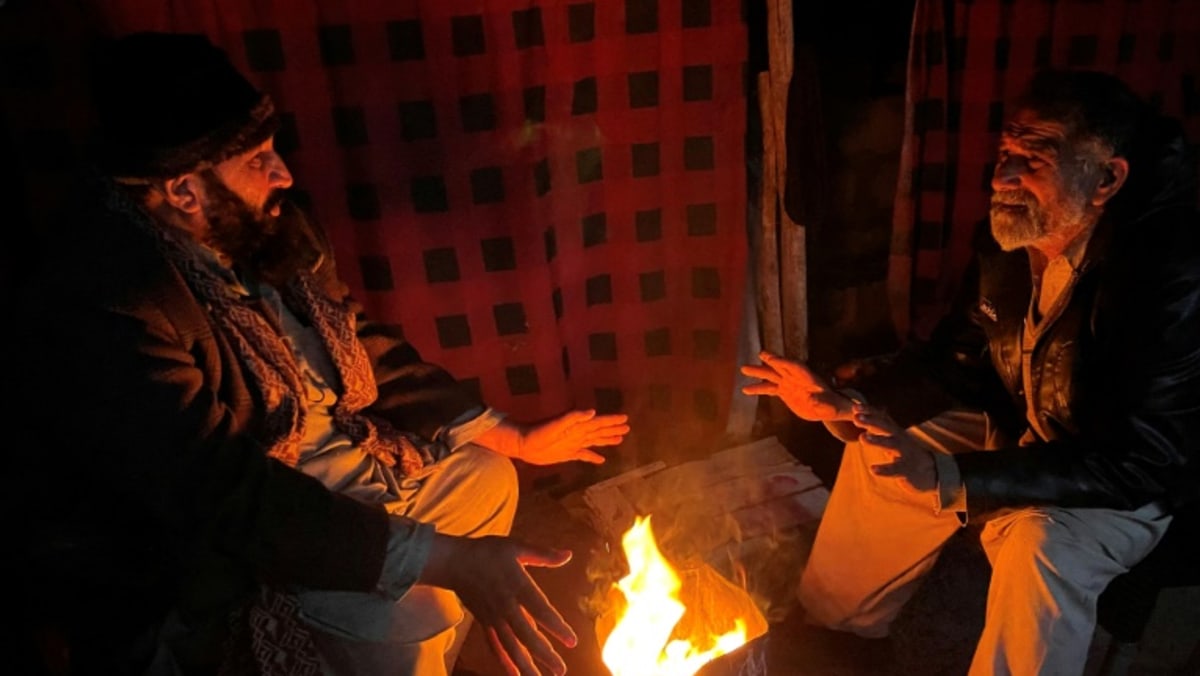
WATER AND MOBILE SERVICE DISRUPTION
Pakistan’s power system is complex and precarious, and problems can quickly cascade.
Khan earlier said a variation in frequency on the national grid caused the cut, as power generation units were turned on early Monday morning.
The units are temporarily switched off on winter nights to save fuel, he had told reporters.
Localised power cuts and load-shedding are daily occurrences in Pakistan, and hospitals, factories and government institutions are often kept running by private generators. But the machines are beyond the means of most citizens and small businesses.
In Karachi, hundreds of water pumps were also offline during the power cut, heaping more problems on Pakistan’s largest city of more than 15 million people.
In the garrison city of Rawalpindi, homeware trader Muhammad Iftikhar Sheikh, 71, said he was unable to demonstrate electronic products to browsing patrons.
“The customers never buy without testing first,” he said on Monday. “All of us are sitting idle.”
Schools mostly continued either in the dark or using battery-powered lighting.
A shop owner in the southern port city Karachi, where temperatures were higher, told AFP he feared his entire dairy stock would spoil without refrigeration.
Printer Khurrum Khan, 39, said orders were piling up because of the blackout.
Unreliable power is “a permanent curse which our governments have failed to overcome”, he said.

